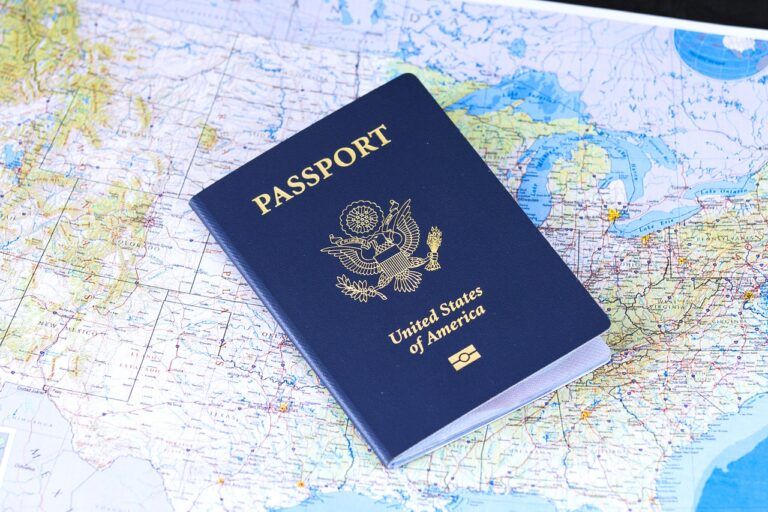On November 1, 2018, the Venezuelan government will require citizens to use the “Petro” cryptocurrency to pay for passport fees, Reuters reports.
The Petro, announced late last year, is a cryptocurrency created by the Venezuelan government, supposedly backed by oil reserves, and built on a clone of the dash blockchain.
Although there is no formal plan to control the price, one Venezuelan Petro is supposed to equal the price of oil barrel of oil. Depending on the source, a barrel of oil is currently trading for $70-$80. Although Venezuela is using a cryptocurrency, obtaining a passport will remain expensive.
“The price of a new passport will be 2 petros and (the price) of an extension will be 1 petro,” Vice-President Delcy Rodriguez said. The monthly minimum wage in Venezuela is around $16, which means it’ll take some families almost a year of saving to afford a new passport.
On top of the hefty fee, Venezuela does not make it easy for citizens to obtain a passport. Reports indicate that Venezuelans wait months, even years, for to receive their passports.
Locals complain the passport authority’s website crashes, appointments get cancelled, and applications get lost completely randomly. This makes it even more difficult and expensive to obtain a passport.
The government process is complicated and expensive, so much so that Venezuelans are resorting to the black market to receive their documentation. The only alternative is to pay off government officials to speed up the process, which can cost up to $1,000.
The Venezuelan bolivar has deflated around 99% this year, and government officials hope that switching to cryptocurrency will help improve the financial landscape. Earlier this year, the country launched a fiat currency tied to the Petro, the bolivar soberano.

Migration Police
In addition to making it hard for citizens to obtain passports, the Venezuelan government is making it harder to citizens to flee the country. Reuters reports that a new “migration police” will be stationed at the Venezuelan borders, making sure no one leaves unlawfully.
Details about the migration police are slim, but we do know that Venezuelans are fleeing the country in droves.
It’s estimated that almost 2 million Venezuelans have left the country since 2015. President Nicolás Maduro claims these are fake news, but it’s hard to measure how many are leaving when most immigrants sneak into other countries.
Many countries, mostly Colombia, Ecuador, Peru, and Brazil, allow Venezuelans to enter without a passport. This makes it easy for Venezuelans on the run to work their way out of Venezuela undetected. Studies suggest that as many as one million Venezuelans now live in neighboring country, Colombia.









